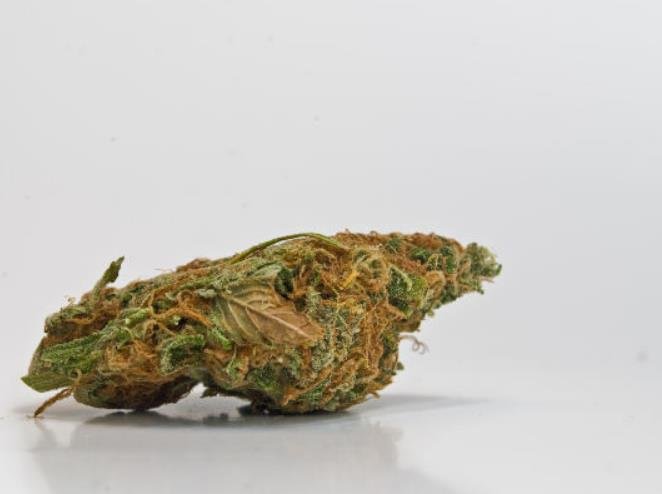FLŌRA Cannabis, a cannabis retailer based in Middlebury, has filed a civil lawsuit against the Vermont Cannabis Control Board (CCB), alleging that state-imposed advertising restrictions violate constitutionally protected free speech rights.
Allegations of Free Speech Infringement
The lawsuit, filed on Monday in Addison County Superior Court, specifically targets a Vermont law requiring licensed cannabis businesses to obtain pre-approval from the CCB for all public statements intended to induce sales. This includes in-store signage, even those placed within the business’s own premises.
“If I want to put signage in my own store — 20% off a product — I need to get it pre-approved by the CCB,” stated Dave Silberman, co-founder of FLŌRA Cannabis, during an interview. Silberman argues that while he supports regulations aimed at protecting minors, the stringent pre-approval process infringes upon the business’s ability to communicate promotions and sales effectively.

Defense from the Cannabis Control Board
James Pepper, Chair of the Vermont Cannabis Control Board, and Olga Fitch, Executive Director of the CCB, are named defendants in the suit. Pepper expressed that the lawsuit was an expected outcome of ongoing tensions between the cannabis industry and state regulators.
“It has been a bone of contention at the Legislature since back in 2020,” Pepper remarked. “Every year, the cannabis industry has come to the Legislature, arguing that these laws are too restrictive.” He emphasized that the CCB is enforcing existing laws as they are written, without additional discretion.
Pepper clarified, “Cannabis advertising is any communication that is calculated to induce a sale. So someone saying that they’re selling with 20% off, whether that’s online or in store, is made to induce a sale. It is legal to put a sign with a sale in your shop, you just have to have it approved first.”
Statistics on Advertising Submissions
Since November 2022, the CCB has reviewed a total of 585 advertisement submissions from cannabis businesses across the state. Out of these, 324 were approved, 169 were denied, and 25 submissions were deemed not to qualify as advertisements. Notably, most denied applications were subsequently approved upon resubmission after necessary revisions were made.
Impact on the Cannabis Industry
The lawsuit highlights the delicate balance between regulatory oversight and business operations within the burgeoning cannabis industry in Vermont. FLŌRA Cannabis contends that the pre-approval requirement stifles entrepreneurial efforts and hampers effective marketing strategies necessary for business growth.
Silberman added, “I’m okay with no cartoon characters when I advertise, but with this level of stigma, it’s illegal to restrict our free speech in this way.” He underscored the importance of minimizing unnecessary restrictions to foster a more vibrant and competitive market.
Broader Implications for Free Speech and Regulation
This legal battle is poised to set a precedent for how free speech rights intersect with state regulations in the cannabis industry. The outcome of the lawsuit could influence future legislative actions and regulatory frameworks not only in Vermont but also in other states grappling with similar issues.
Next Steps
FLŌRA Cannabis seeks to have the restrictive advertising laws overturned, arguing that they are excessively burdensome and infringe upon constitutional rights. The CCB, meanwhile, maintains that these regulations are essential for ensuring responsible advertising practices that protect vulnerable populations, particularly minors.
As the case proceeds, both parties are expected to present detailed arguments and evidence supporting their respective positions. The legal community and cannabis industry stakeholders will be closely monitoring developments, anticipating that the court’s decision could have far-reaching consequences for advertising practices and business operations within the sector.








